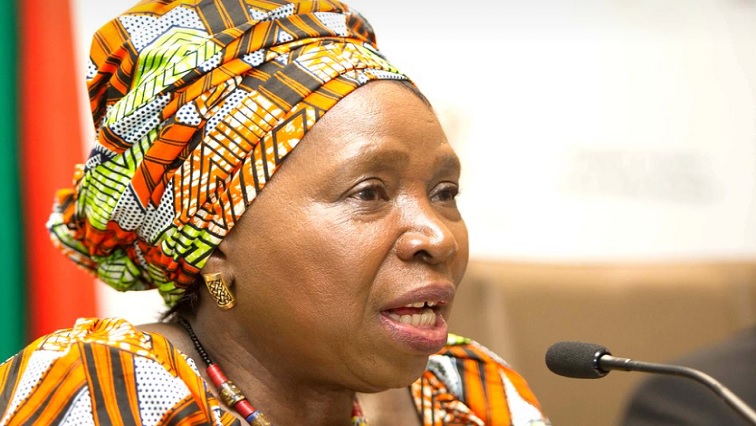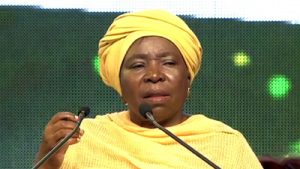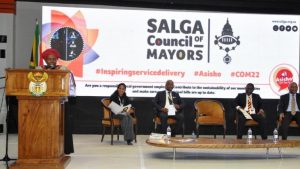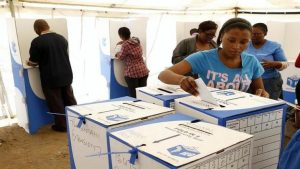Minister of Cooperative Governance and Traditional Affairs Dr Nkosazana Dlamini-Zuma has told mayors and senior municipal officials from KwaZulu-Natal that investors do not want to open businesses where there are electricity blackouts, frequent water cuts and unclean towns.
Dlamini-Zuma was speaking during a meeting in Empangeni on the North Coast where government took stock of the performance of municipalities over the past five years.
She told mayors and senior municipal officials from KwaZulu-Natal that they must ensure that there are conditions that there are conducive for doing business in the muncipalities if they want to attract investment. She says municipalities must also cut red tape involved in opening a business.
“If you were to promote tourism in any city you must make sure that the are no blackouts in that city even though some of the blackouts or load shedding is not because of the municipalities, you must make sure that water is always running, the city is clean, there is no crime. Even if you look a the investors, they will come to a city that is clean, no crime, a city you know that when you want to take a shower, there is water. You won’t open the tap and no water is coming out,” says Dlamini-Zuma.
She also called on parties contesting the upcoming elections to also consider deploying senior and experienced leaders as councillors to improve the quality of leadership in councils.
According to the minister, municipalities are the most important sphere of government.
“Also local government is where everything happens, so it is very important for us as we send people to this sphere of government, to send a mixture of people, those who are very experienced, senior leadership and those with less experience. Some of the countries in the world take this sphere very seriously, you will find that the mayor of a capital or of another city in that country will be the next president,” added Dlamini-Zuma.
Meanwhile, KwaZulu-Natal Premier Sihle Zikalala says the cash strapped uMkhanyakude District Municipality has not cooperated with provicial government efforts to get its affairs in order.
The provincial treasury had to take over financial control in the municipality after it failed to submit the municipal budget on time. Several council meetings could not be held because of councillors being absent.
Zikalala says at some point the provincial government was considering disbanding the uMkhanyakude district council.
“Where municipalities are faced with challenges and leaders appreciate that there are challenges the interventions works. But in uMkhanyakude, some leaders will not appreciate challenges, then the intervention will not work. One of the challenges in uMkhanyakude has been the failure of the council to meet and we were also considering maybe we should just disband it. In areas when we intervene, where we work together with the leadership, we used to improve the capacity and the performance of the municipality. But in areas where the intervention is met by resistance, then it does not succeed,” says Zikalala.
The provincial department of Cooperative Governance says it will assess if it is necessary to keep some municipalities under administration after the elections. Ten municipalities are under administration including the uMsunduzi municipality in the Pietermaritzburg area






